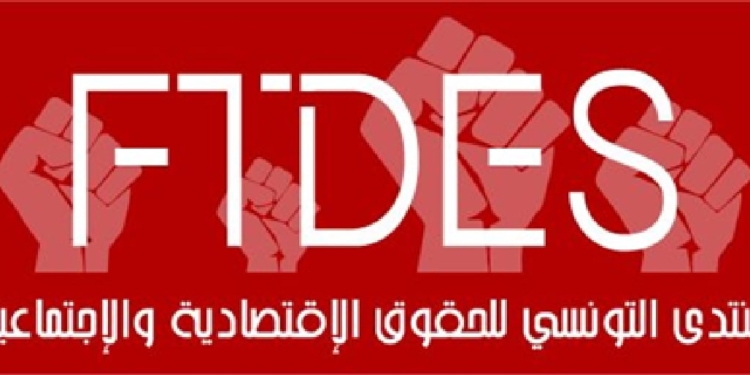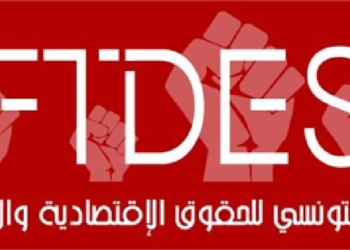A few days after the suspension of the Tunisian Association of Democratic Women (ATFD), the authorities decided to freeze the activities of the Tunisian Forum for Economic and Social Rights (FTDES) for one month. This decision, recently notified to those responsible for the organization, was received with incomprehension by its members, who assure that they have respected all legal and administrative obligations.
According to Romdhane Ben Amor, spokesperson for the FTDES, this measure is a continuation of a series of controls and audits undertaken for several months.
“What happens today can happen again tomorrow. Nothing will scare us or weaken our resolve. Wherever we are, we will remain faithful to the oppressed and attached to the values of justice and dignity,” he said in a message made public.
Also read:
Tunisia – Suspension of the ATFD: A wave of solidarity reactions against a decision deemed arbitrary
A historic actor in the social debate
Created in 2011, in the wake of the revolution, the FTDES has established itself as a central player in social analysis in Tunisia, regularly publishing studies on unemployment, regional inequalities, poverty and migration. His work has often fueled public debate and helped to inform social policies.
The organization indicated that it would comply with the administrative decision while reaffirming its commitment “to social causes and struggles for dignity”.
A context of increased vigilance
This suspension comes in a climate of reinforced surveillance of the associative sector, marked in recent months by several administrative and financial audits.
If the authorities claim to act within the framework of the law, certain voices within civil society fear a gradual shrinking of the space for independent expression.
Decree-Law 88 of 2011, which guarantees freedom of association, remains in force. But its interpretation and application are today giving rise to debates on the balance between administrative control and the vitality of the associative fabric, a pillar of Tunisian democratic life for more than a decade.
To explore further:
Tunisia: The State relaunches the hunt for foreign funds in the associative sector





